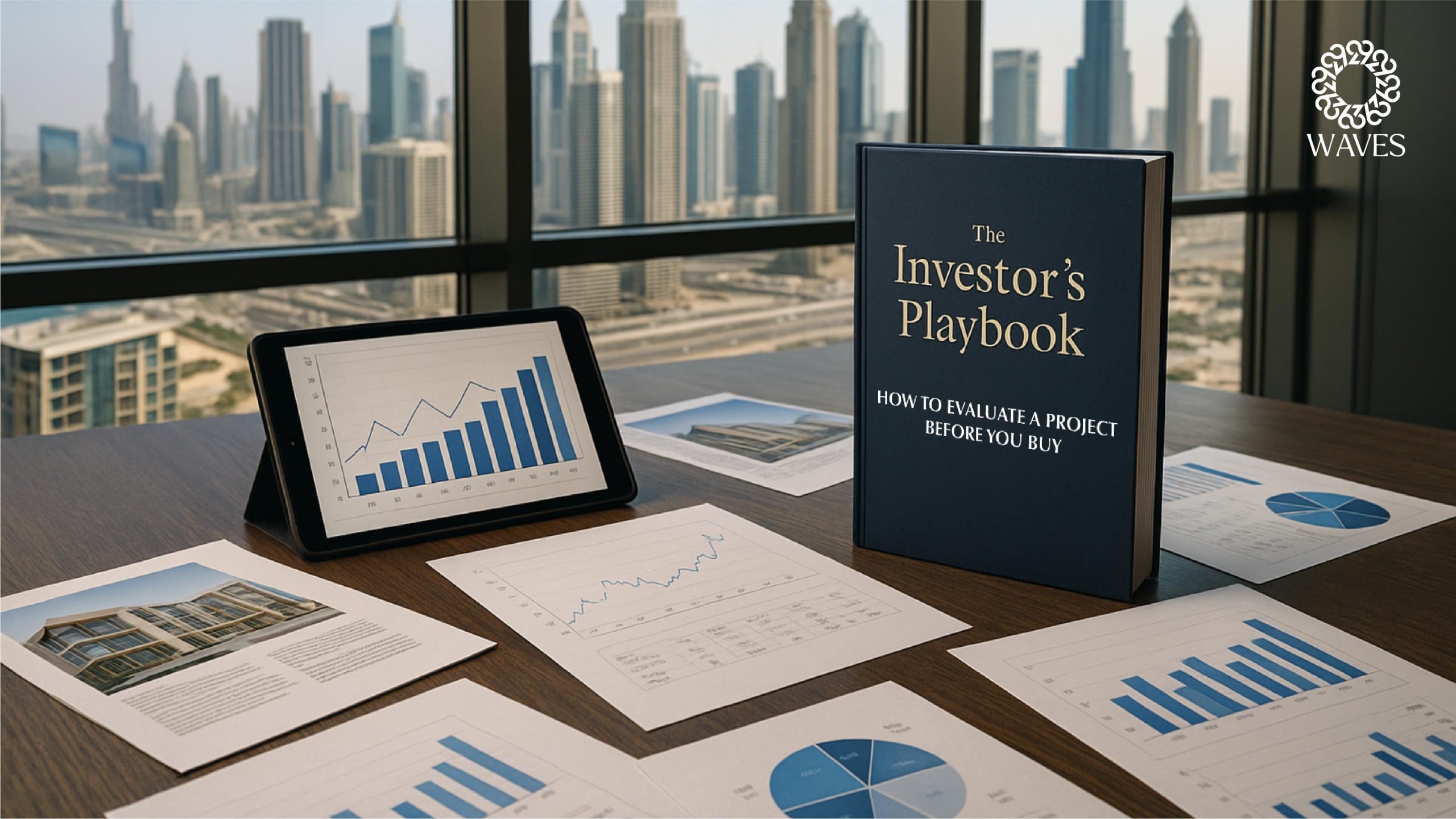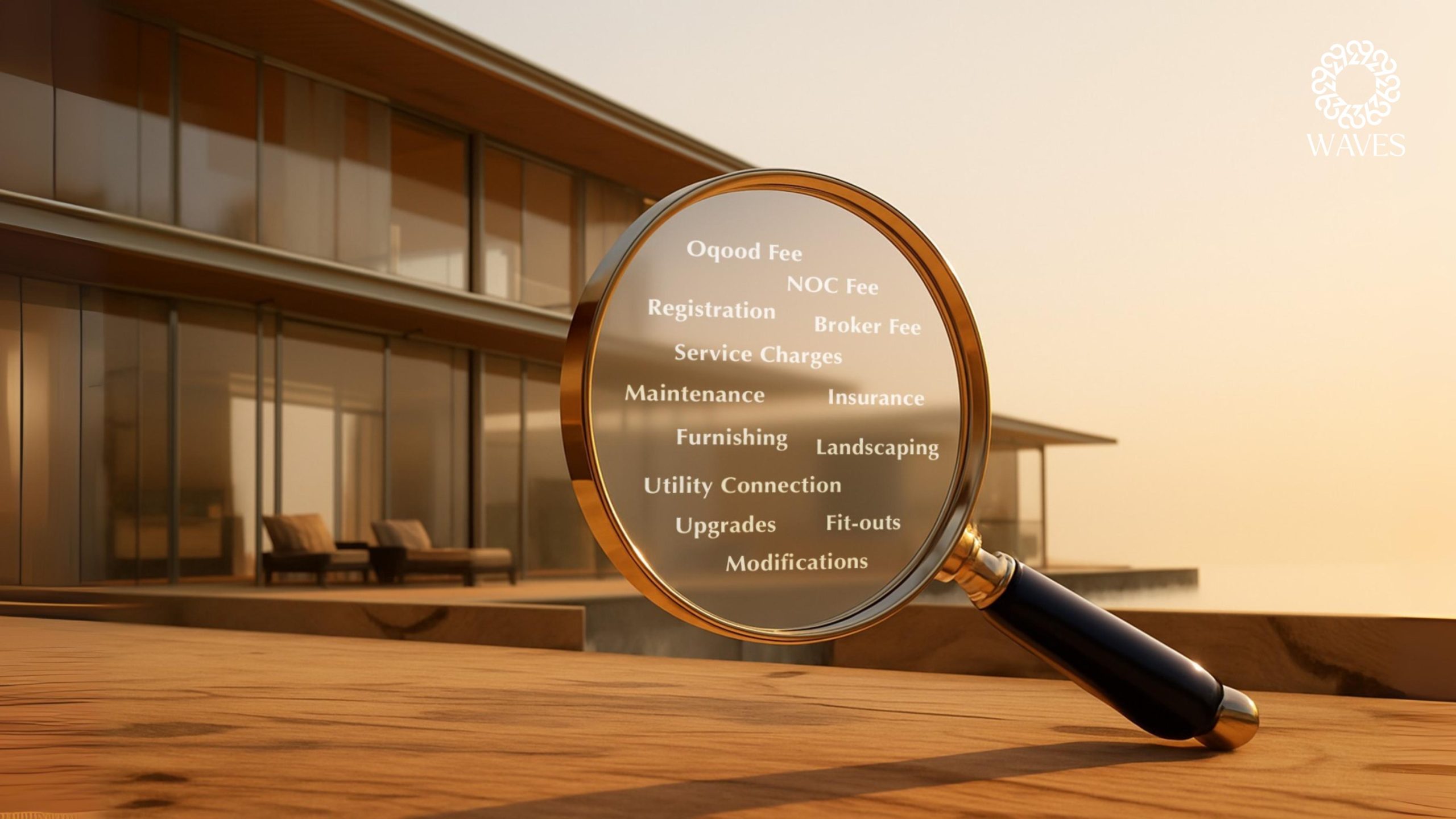Introduction
In real estate and investments, the difference between a smart investor and a regretful one often comes down to due diligence. Too many investors fall for flashy brochures, smooth sales pitches, or “too good to be true” returns. The truth? A project must be carefully evaluated before you buy into it.
This playbook will walk you through the key factors to analyze before investing in a project, whether it’s real estate, startups, or large-scale developments. Think of it as your step-by-step guide to building wealth safely while avoiding common investor traps.
- Location & Market Potential
In real estate, there’s a reason the phrase “location, location, location” never gets old. For any project:
- Growth Indicators: Check infrastructure developments (metro lines, highways, airports, schools, hospitals).
- Demand Drivers: Identify the target end-user (families, expats, corporates). Demand drivers can be spotted by reviewing market reports, government housing forecasts, and local community insights. This helps assess whether resale or rental yields will be sustainable.
- Comparative Analysis: Study the price per square foot in the area vs. the surrounding zones to know if the project is overpriced or a bargain.
- Developer Reputation & Track Record
A great design means nothing if the developer doesn’t deliver.
- Past Projects: Research handover delays, build quality, and customer reviews.
- Financial Stability: Is the developer debt-heavy or stable? Look into how they manage financial risk. If available, review credit ratings or published financial reports.
- Legal Standing: Verify if the company is registered with governing bodies (like RERA in Dubai).
Investors often underestimate this step, but developer credibility directly affects project value.
- Financial Feasibility & ROI Analysis
Numbers don’t lie, but only if you calculate them properly. Before you commit, check:
- Entry Price vs. Market Price: Are you buying below or above market?
- Rental Yield & ROI: For real estate, calculate rental yield vs. mortgage cost. Example: If your property rents for AED 80,000 annually and cost you AED 1,000,000, your gross yield is 8%. A “bad” ROI might fall below 3–4% once expenses are considered.
- Exit Strategy: Can you resell easily in 3-5 years?
- Stress Testing: What happens if rents drop 10% or resale takes 12 months?
- Legal & Compliance Check
Nothing ruins a good deal like legal complications.
- Title Deeds & Ownership: Confirm who actually owns the land/property.
- Regulatory Approvals: Ensure all permits are approved before construction.
- Investor Protection Laws: For example, escrow accounts in Dubai protect buyers from misuse of funds.
- Professional Review: Always hire a lawyer to review contracts if you’re not well-versed in legal matters.
- Payment Plans & Financing Options
Flexible payment terms can make or break affordability.
- Off-Plan Projects: Look for structured plans like 60/40, 70/30, or post-handover payment schemes.
- Financing Costs: Compare mortgage rates, hidden bank fees, and transaction costs.
- Cash Flow Alignment: Ensure the plan matches your income cycle and risk appetite.
- Risks to Watch: Be cautious of balloon payments or deferred payments that could create financial stress later.
- Risk Assessment & Diversification
Every investment has risk, but great investors measure and manage it.
- Market Risk: Is the area oversupplied?
- Liquidity Risk: Can you sell or lease the property quickly if needed, or is the market stagnant?
- Diversification: Spread investments across locations or asset classes (residential + commercial, Dubai + international).
- Exit Strategy & Long-Term Vision
Smart investors don’t just ask “How do I enter?” but also “How do I exit?”
- Short-Term Gains: Flipping off-plan properties before handover.
- Mid-Term Strategy: Holding until rental demand peaks. (refurbishment)
- Long-Term Wealth: Building generational assets through real estate portfolios.
- Factors to Consider: Be mindful of tax implications, market conditions, and broader economic cycles when deciding your exit timeline.
The best investments aren’t about luck; they’re about strategy. Before you buy into any project, run through this Investor’s Playbook: analyze the location, developer, financials, legal standing, risks, and your exit plan.
By applying these steps, you protect your capital, maximize returns, and position yourself as a smart investor in any market.






